Sustainability
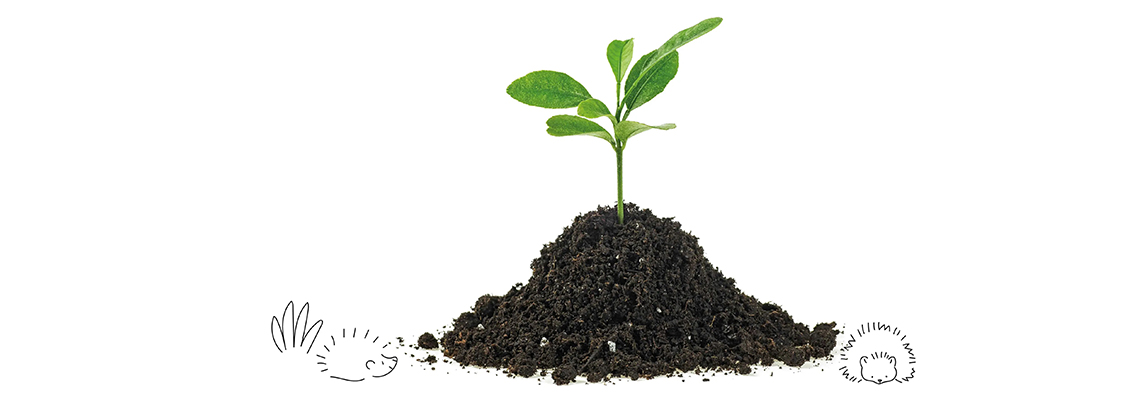
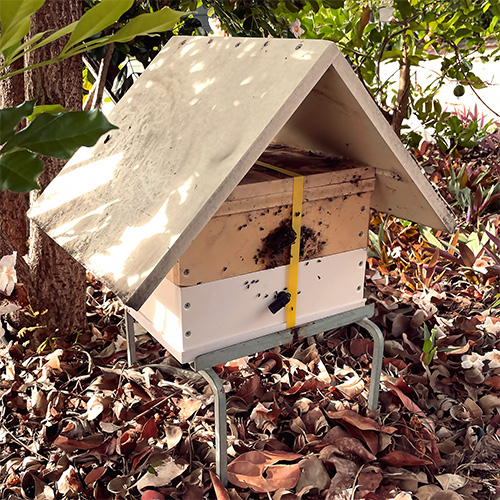 Here at Kaleidoscope, we are passionate about sustainability and ethical practices. At Kaleidoscope headquarters we have a passion for running the business with sustainability at its core by:
Here at Kaleidoscope, we are passionate about sustainability and ethical practices. At Kaleidoscope headquarters we have a passion for running the business with sustainability at its core by:
• Limiting plastics as much as we can in our processes.
• Recycling programs for in-house items such as plastics, batteries, and printing supplies.
• Working with suppliers that embrace eco-friendly products and procedures.
• Installing solar panels on the warehouse roof.
• Planting a bee-friendly garden and installing a beehive to increase the bee population.
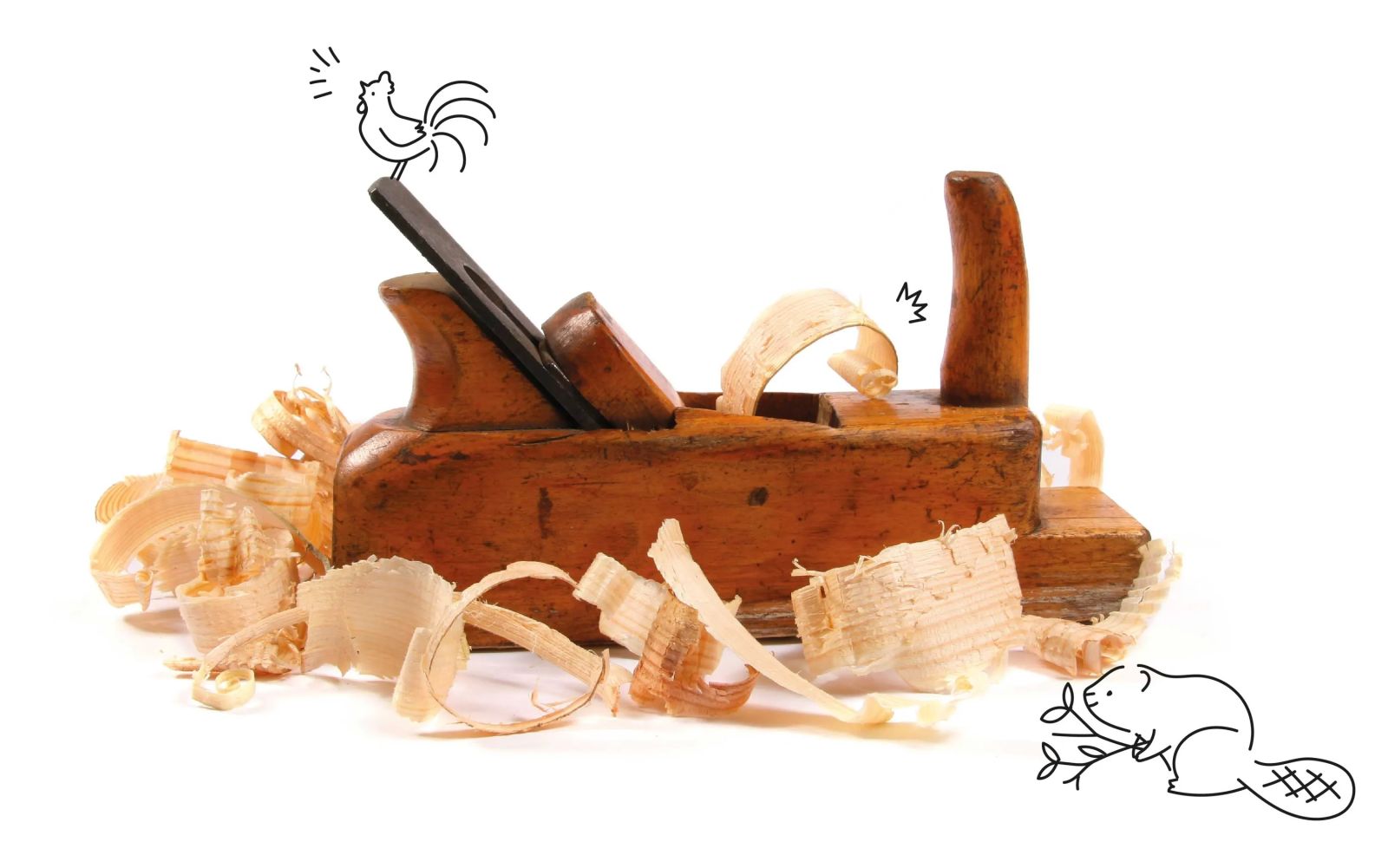 Le Toy Van weaves sustainability throughout all their processes. Their wooden toys are crafted using a combination of Indonesian Legal wood and FSC Certified Wood that has been sourced from sustainably managed forests. Indonesian rubberwood uses re-purposed Rubberwood trees that have reached the end of their rubber-giving lives. Instead of being burnt & contributing to greenhouse gases, these trees have a second life as a Le Toy Van toy. FSC-certified wood is a worldwide known certification that ensures that the wood sourced meets the highest ethical and social standards across the supply chain. The program establishes transparency as to how the wood is sourced, follows government regulations regarding timber legality and prevents illegal logging and selling of forest wood.
Le Toy Van weaves sustainability throughout all their processes. Their wooden toys are crafted using a combination of Indonesian Legal wood and FSC Certified Wood that has been sourced from sustainably managed forests. Indonesian rubberwood uses re-purposed Rubberwood trees that have reached the end of their rubber-giving lives. Instead of being burnt & contributing to greenhouse gases, these trees have a second life as a Le Toy Van toy. FSC-certified wood is a worldwide known certification that ensures that the wood sourced meets the highest ethical and social standards across the supply chain. The program establishes transparency as to how the wood is sourced, follows government regulations regarding timber legality and prevents illegal logging and selling of forest wood.
Le Toy Van believes in a world of play without plastic. They have been targeting single-use plastic used in their products. The company are aiming to have plastic-free packaging by 2023. As a part of this pledge, they have already removed plastic windows and inserts from a large percentage of their packaging, moving towards recyclable and compostable cardboard boxes. At the end of 2021, Le Toy Van removed 60% of its long-term and single-use plastic. Le Toy Van has partnered in conservation projects locally and internationally to help conserve the natural world. One of these programs is One Tree, a project that replants forests in the wake of wildfires, and repairs damages caused by industry and resource extraction, helping to rebuild the habitats of critically endangered species.
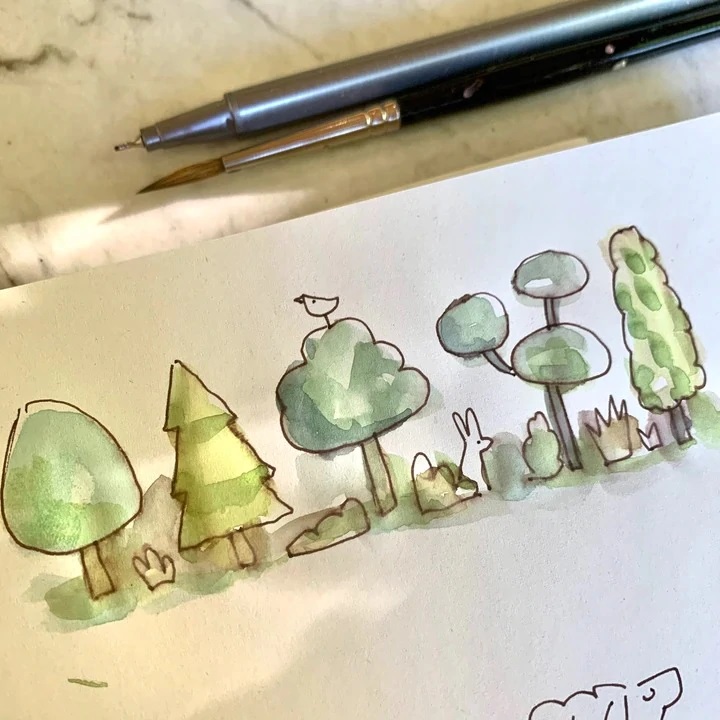
Tender Leaf Toys are deeply committed to protecting Indonesia’s natural resources and creating toys to be loved and played with for generations.
They use reclaimed timber from rubberwood trees that no longer produce latex. They are committed to replanting trees in partnership with the Indonesian government.
• FSC certified plywood.
• Use of recycled cardboard in packaging.
• Eliminating single-use plastic.
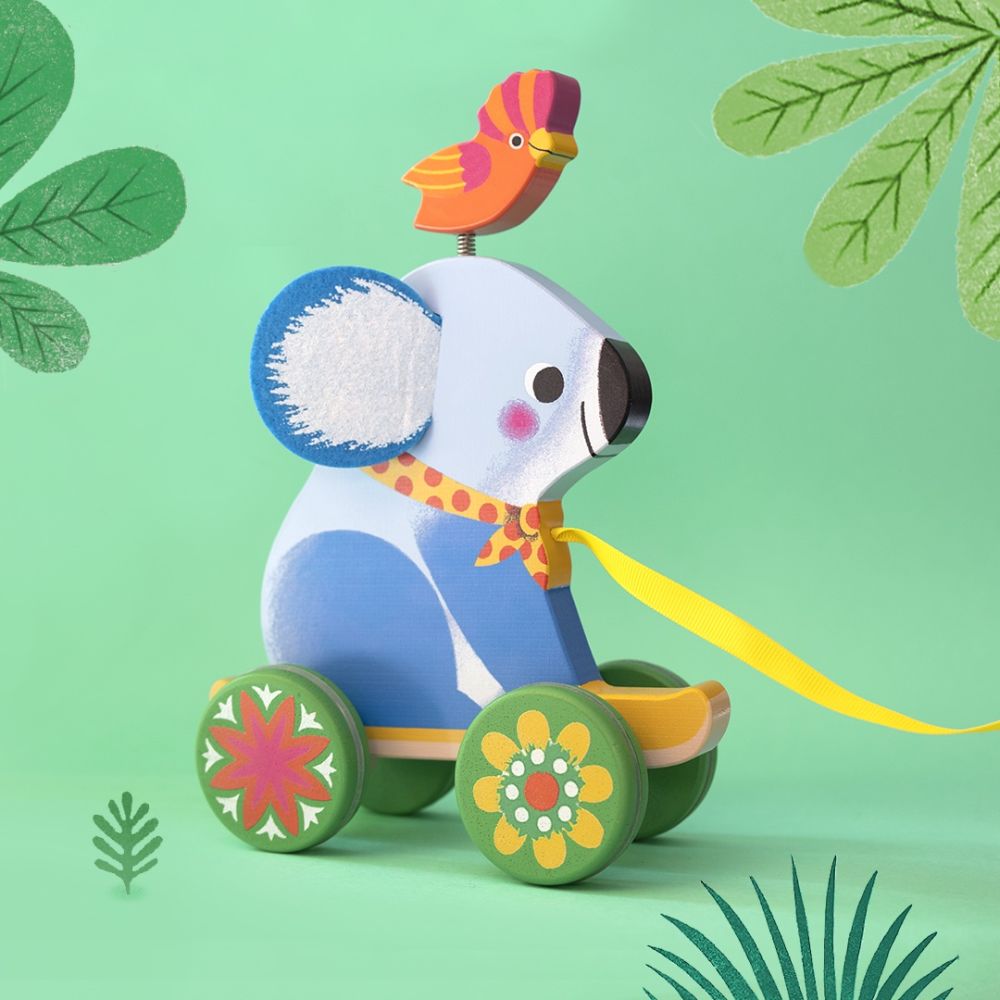 Djeco’s environmental vision consists of three areas.
Djeco’s environmental vision consists of three areas.
• They are working on reducing single-use plastic in packaging. 95% of their products are now sold without overwrap film. Plastic packaging is being replaced with a paper equivalent or cardboard wedges.
• A move towards more thoughtful choices of product materials. To date, 80% of Djeco's wood and cardboard products are now certified by the FSC® eco-label. 100% of Djeco’s cardboard products are printed with vegetable inks. A renewable raw material that contains vegetables mixed with colour pigments.
• Djeco is working on using transport options that are least harmful to the environment. An example of this includes using CMA container ships running on liquefied natural gas. Currently, 70% of their transport uses CMA container ships. They are working towards 100% by 2025. See Djeco's 2023 Sustainability statement here.
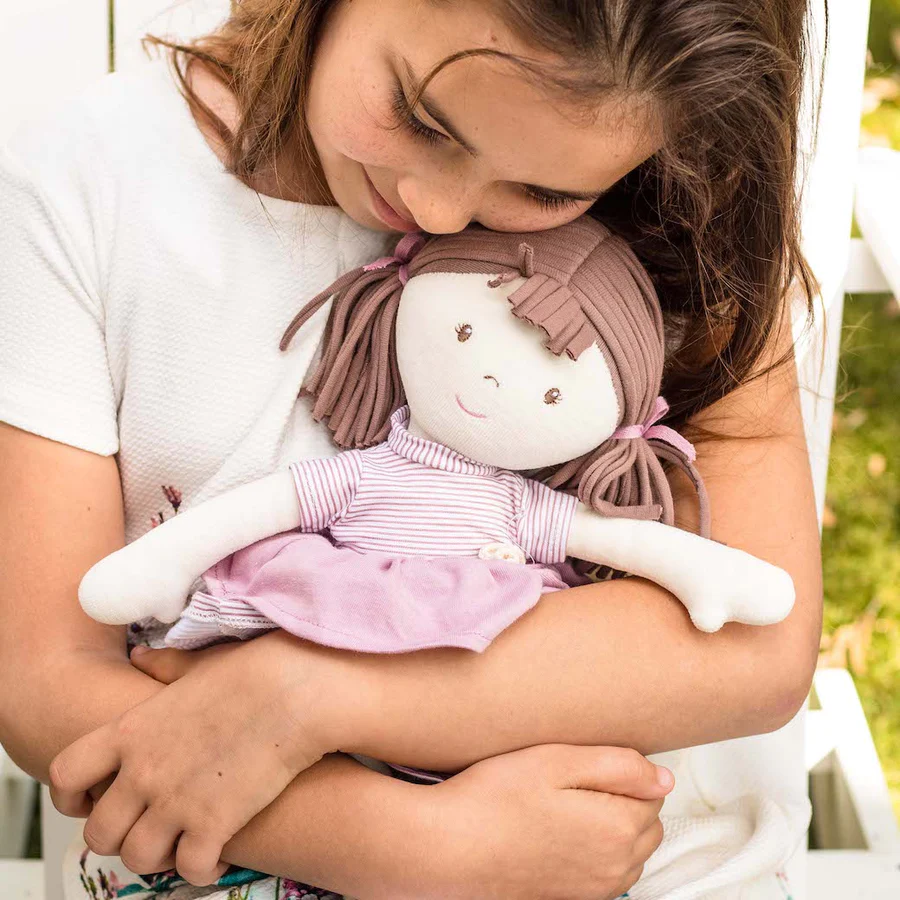
Bonikka’s range of soft dolls are produced in Sri Lanka using certified GOTs organic cotton. Organic cotton creates 46% less greenhouse gas emissions than conventional cotton and 98% less water pollution. Reference.
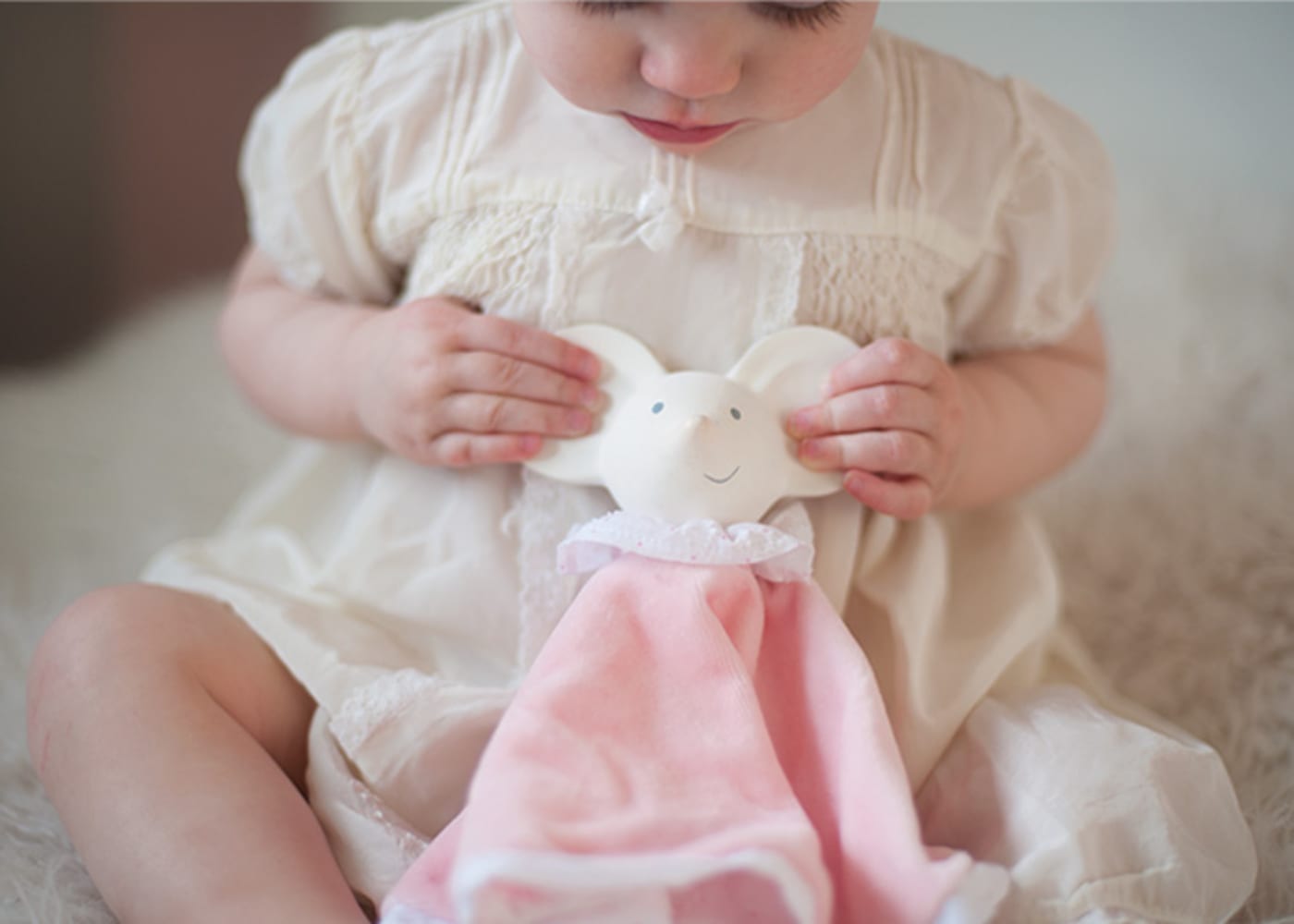
Meiya and Alvin embody values such as sustainable and recyclable materials and manufacturing to produce quality products that are safe for babies. The range uses pure natural cotton, all-new fibre filling from recycled PET bottles and rubber from the rubber tree hevea. All the toys are hand-painted using plant-based non-toxic dyes.
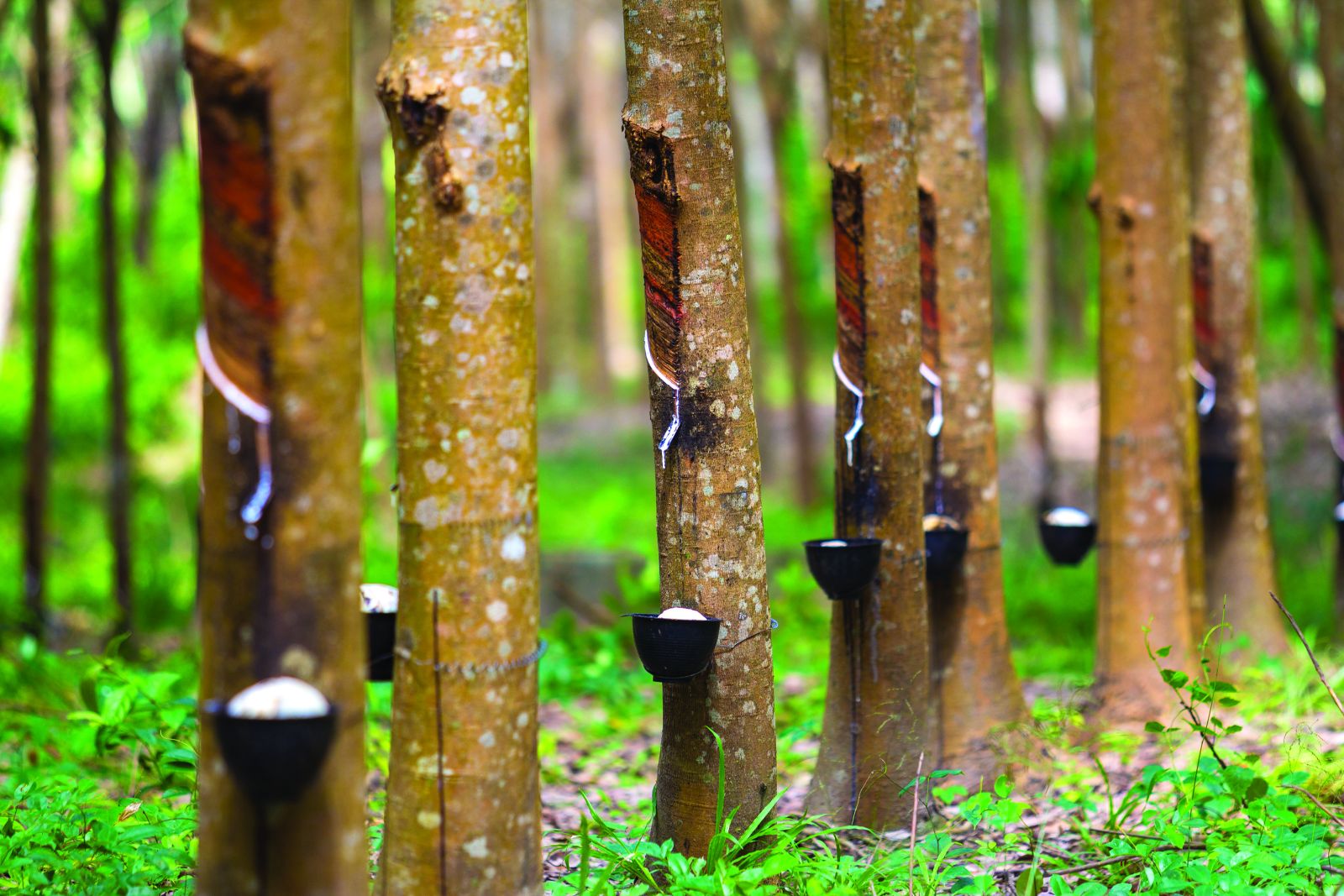 Tikiri is known for its ethically-produced natural rubber toys, made from 100% sustainable rubber sourced in an environmentally friendly way that ensures the rubber trees remain in good health following latex extraction. Not only do they produce their products with natural rubber they also use OCS-100 & ETAD-certified fabrics, together with food-grade dyes. Tikiri was the first ever natural rubber toy company to be awarded GOLS (Global Organic Latex Standard) accreditation.
Tikiri is known for its ethically-produced natural rubber toys, made from 100% sustainable rubber sourced in an environmentally friendly way that ensures the rubber trees remain in good health following latex extraction. Not only do they produce their products with natural rubber they also use OCS-100 & ETAD-certified fabrics, together with food-grade dyes. Tikiri was the first ever natural rubber toy company to be awarded GOLS (Global Organic Latex Standard) accreditation.
Did you know? Natural rubber comes from the Hevea, a tree primarily grown in Sri Lanka.
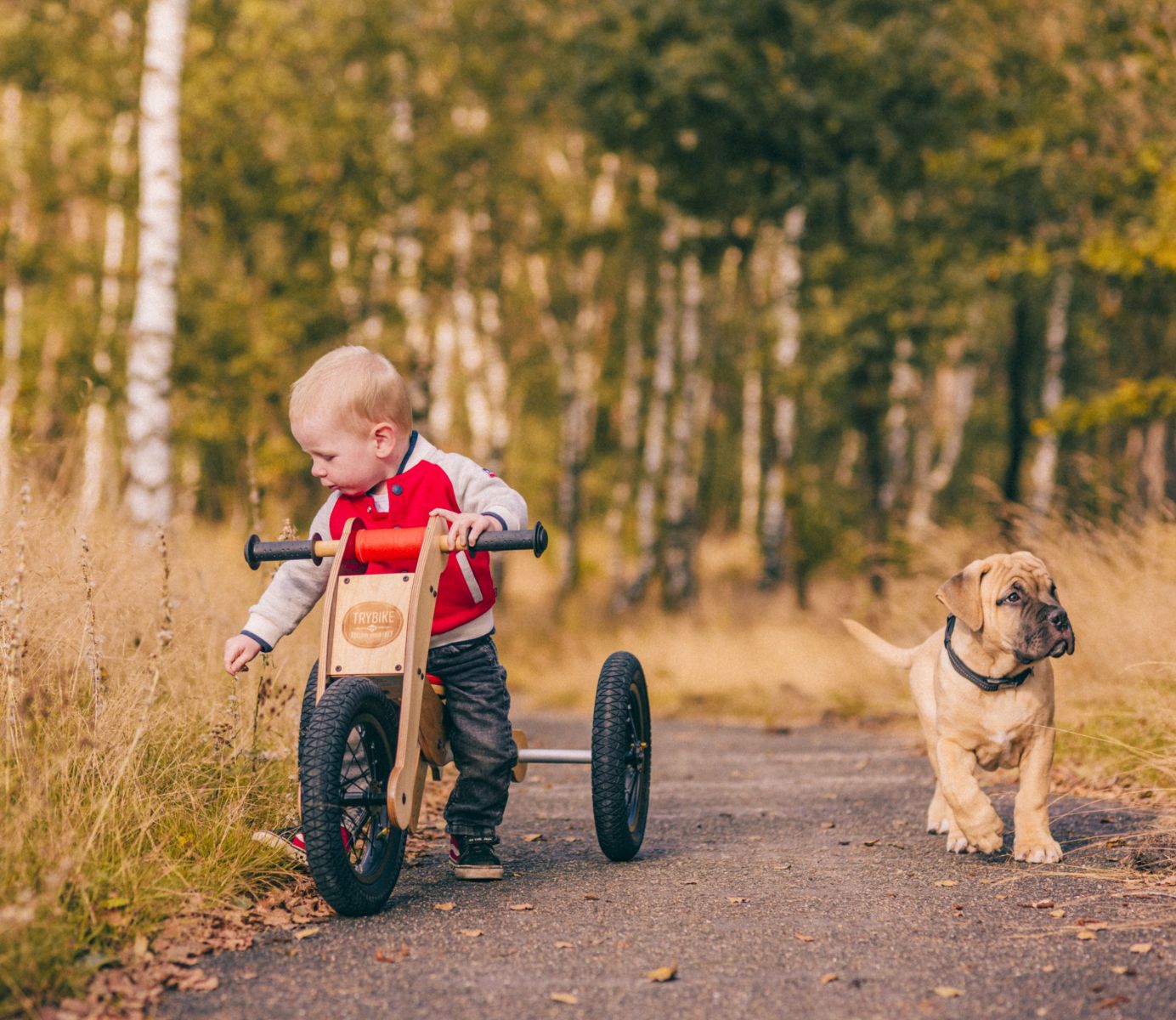
Trybike is working hard to be as sustainable as possible. Trybike uses certified wood, recycled board and only quality and safe materials. They are consistently working towards implementing sustainability throughout all their practices.
Click on the links below for more information on the standards and programs mentioned above.
- ICTI – Ethical Toy Program.
- FSC Certified Wood.
- OCS-100.
- GOTS.
- GOLS.
